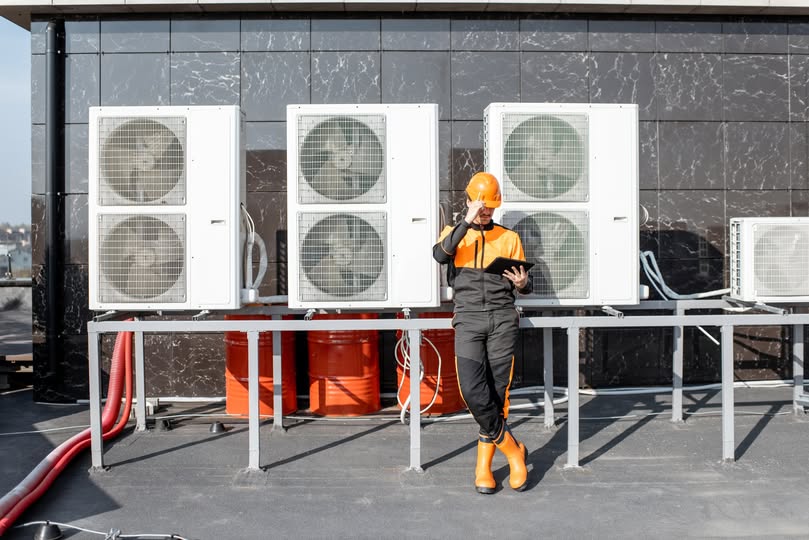Properly sizing an HVAC system for your home is essential for ensuring optimal comfort, efficiency, and cost-effectiveness. The professional and highly skilled team from A-Plus Quality is here to help with your HVAC needs. Here are some key steps to ensure you choose the right size HVAC system for your home:
Conduct a Load Calculation: A precise load calculation considers various factors, including the size of your home, the number of windows, insulation levels, and local climate. This calculation determines the amount of heating and cooling your home requires, ensuring the system you choose meets these needs.
Understand BTUs: HVAC system sizes are measured in BTUs (British Thermal Units). This unit indicates the amount of heat an HVAC system can remove or add per hour. A higher BTU rating means a more powerful system. However, bigger isn't always better; an oversized system can cycle on and off too frequently, reducing efficiency and increasing wear and tear.
Consider Home Insulation: Proper insulation plays a significant role in maintaining indoor temperatures. Well-insulated homes require less heating and cooling, which can impact the size of the HVAC system needed. Ensure your home is adequately insulated before sizing your HVAC system.
Account for Windows and Doors: The number, size, and type of windows and doors affect your home's heat gain and loss. Double-paned windows with low-emissivity coatings, for example, are more efficient and can reduce the load on your HVAC system.
Factor in Occupancy: The number of people living in your home and their activities also influence HVAC requirements. More occupants generate more heat, which can affect cooling needs, particularly in smaller homes.
Consult with Professionals: Working with HVAC professionals ensures accurate sizing and selection of the right system. The team at A-Plus Quality uses advanced tools and expertise to perform detailed load calculations and recommend the best system for your home.
By properly sizing your HVAC system, you can enhance comfort, improve efficiency, and save on energy costs. For expert assistance, trust the team at A-Plus Quality.



